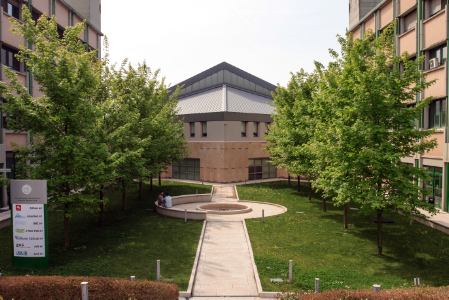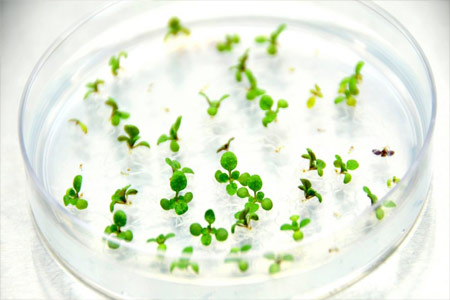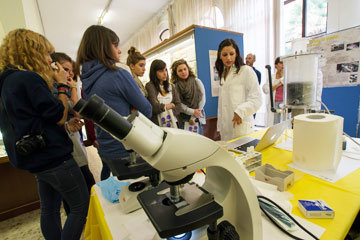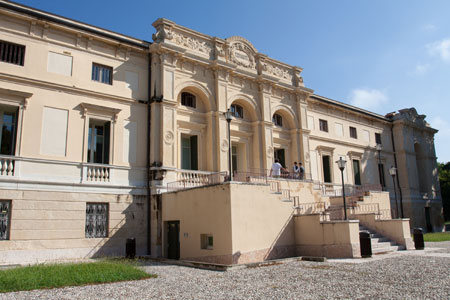Learning outcomes
Module: BASI MOLECOLARI DI MALATTIA
-------
Provide a general view of the molecular mechanisms at the base of human pathologies, in particular those of genetic origin. Gain information about the relationships between alterations of molecules or metabolic pathways and their consequence in cells, tissue and organism.
Module: PATOLOGIA MOLECOLARE CELLULARE
-------
The course has the objective to teach the molecular mechanisms underlying cell and tissue pathology. Mechanisms responsible for damage of the principal sub-cellular compartments will be examined. Special attention will be given to alterations in cell-matrix and cell-cell communication and to physio-pathology of signal transduction, with special emphasis to neoplastic transformation.The impact of reactive processes (inflammation, hemostatic mechanisms) in pathology will be also examined.
Syllabus
Module: BASI MOLECOLARI DI MALATTIA
-------
Molecular pathology of proteins; introduction and general concepts
Hemoglobinopathies
Molecular pathology of collagen
Protein aggregation diseases
Diseases of membrane transporters: cystic fibrosis
Inherited metabolic diseases: defects of the carbohydrates metabolism, defects of the lipids metabolism, defects of the amino acids metabolism, defects of the nucleotide metabolism, mitochondrial diseases, lysosomal storage diseases, peroxisomal disorders.
ER stress associated diseases
New therapeutic approaches for enzymatic deficits
Action of bacterial toxins
Role of free radicals in diseases
Molecular pathology of DNA and RNA
Module: PATOLOGIA MOLECOLARE CELLULARE
-------
- Introduction to mechanisms of diseases: molecular pathology as a unitary mechanism of cell, tissue and organism damage. Localized and systemic diseases. From cell and tissue damage to whole body damage: cardiac insufficiency, edema and shock..
- Classification of diseases and general aspects of causative factors of diseases.
- Alterations of membrane transport: canalopaties.
- Alterations in cell-cell communication: mechanisms of signal transduction by tyrosine kinase receptors, trimeric G-protein coupled receptors and cytoplasmic tyrosine and serin/threonin kinases. Alterations of signal transduction in neoplstic cells.
- Molecular mechanisms of cell adhesion and their alterations in the context of leukocyte recruitment and platelet adhesion/aggregation.
- Cytoskeleton dynamics and regulation of cell migration.
- Phagocytosis and pathogen-host interaction.
- Diseases due to abnormal accumulations within the cell
- Mitochondria pathologies.
- Reactions to vascular damage: mechanisms of hemostasis and thrombo-embolisms.
- Etio-pathogenesis of atherosclerosis







